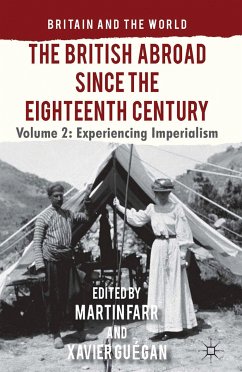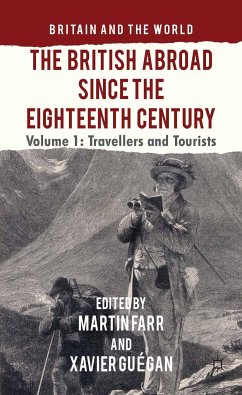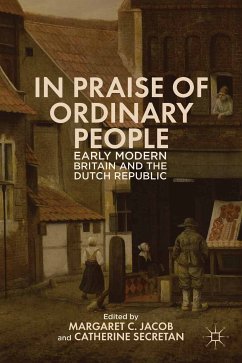
Geographies of the Romantic North (eBook, PDF)
Science, Antiquarianism, and Travel, 1790-1830
Versandkostenfrei!
Sofort per Download lieferbar
40,95 €
inkl. MwSt.
Weitere Ausgaben:

PAYBACK Punkte
20 °P sammeln!
This book examines British scientific and antiquarian travels in the "North," circa 1790-1830. British perceptions, representations and imaginings of the North are considered part of late eighteenth- and early nineteenth-century processes of British self-fashioning as a Northern nation, and key in unifying the expanding North Atlantic empire.
Dieser Download kann aus rechtlichen Gründen nur mit Rechnungsadresse in A, B, BG, CY, CZ, D, DK, EW, E, FIN, F, GR, HR, H, IRL, I, LT, L, LR, M, NL, PL, P, R, S, SLO, SK ausgeliefert werden.












